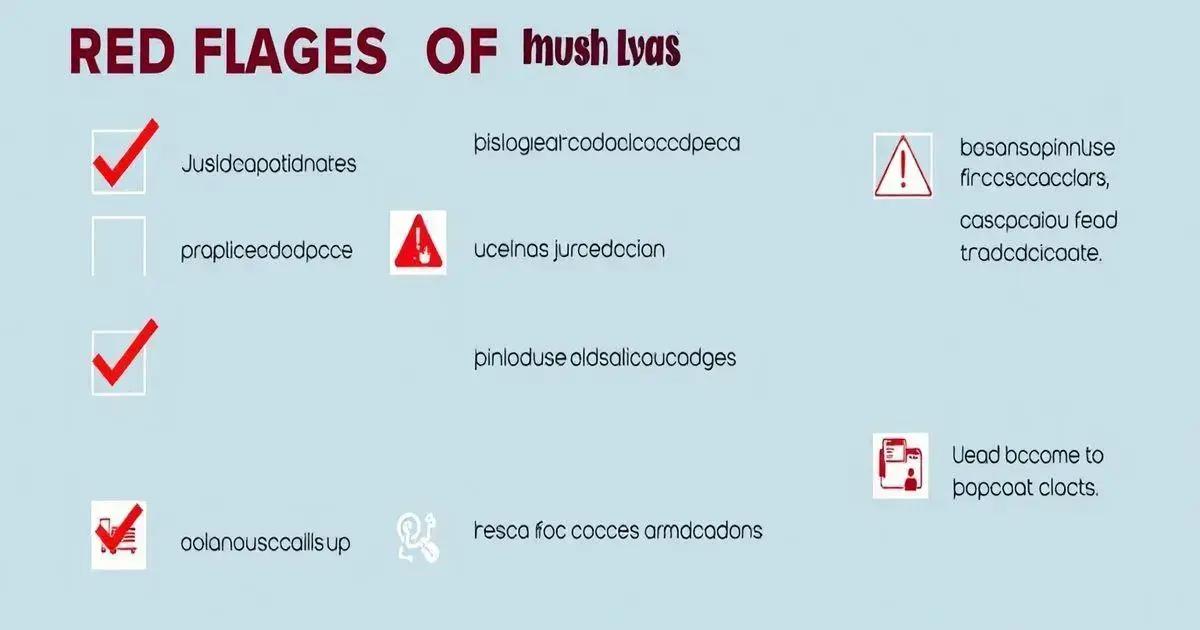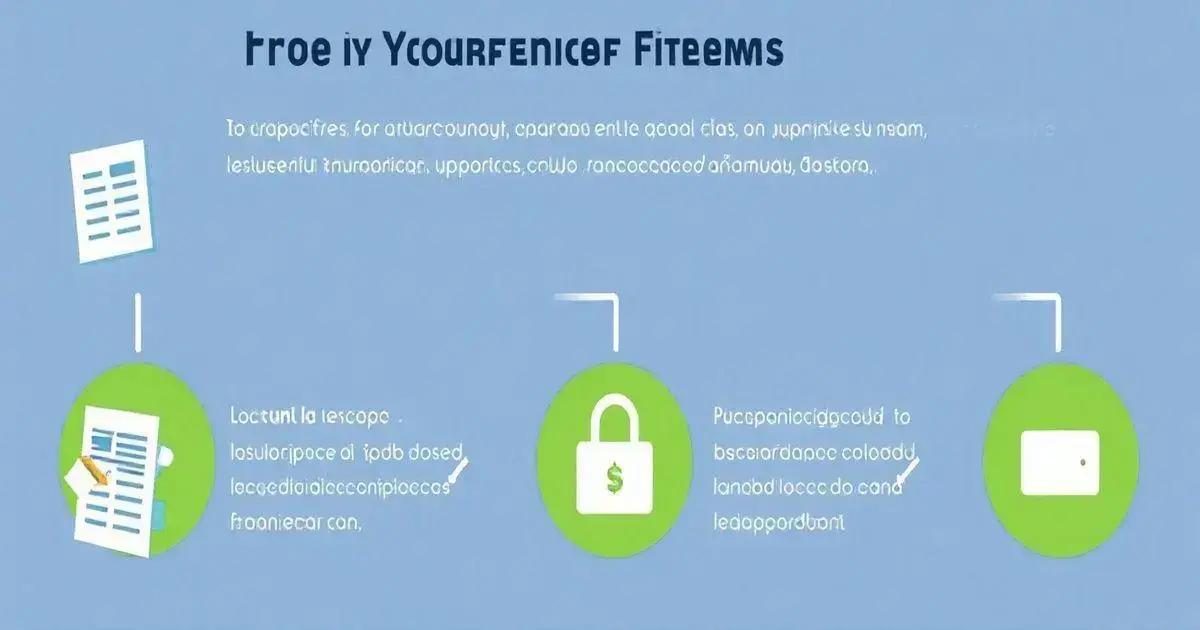The Arab Sheikh’s Trick is a deceptive scam that promises high financial returns through fraudulent schemes. It often employs unrealistic offers, creates a sense of urgency, and lacks transparency. To protect yourself, conduct thorough research, verify claims, and be cautious of sharing personal information.
The Arab Sheikh’s Trick often raises eyebrows and skepticism. Many people have heard about it, but is the Arab Sheikh’s Trick a scam? In this article, we will delve into the origins, characteristics, and warning signs of this troubling scheme. By understanding what to look out for, you can protect your interests effectively. Let’s unpack the details of this notorious trick and ensure you are equipped with the knowledge to avoid falling victim to fraud.
Understanding the Abu Sheikh’s Trick

The Arab Sheikh’s Trick refers to a deceptive scheme that typically involves promises of wealth or quick returns on investments. Understanding this trick can help individuals recognize and avoid falling into a scam.
How It Works
The scam usually starts with a charismatic individual posing as a wealthy Arab Sheikh. They often approach potential victims through email or social media, offering lucrative business opportunities or investment deals. The initial contact is friendly and persuasive, designed to build trust quickly.
Key Components
Common elements of the trick include:
- Unbelievable Offers: Promises of significant returns that seem too good to be true.
- Pressure Tactics: Scammers may create urgency, pushing individuals to invest quickly without adequate time for due diligence.
- Fake Documentation: Providing phony contracts or documents to make the scheme appear legitimate.
Psychological Manipulation
Scammers often leverage emotional triggers, such as greed and urgency, to manipulate their targets. This can make it challenging for individuals to think critically about the offers being presented.
Why It’s Important to Be Aware
By understanding how the Abu Sheikh’s Trick works, individuals can better identify potential scams and protect themselves. Awareness is key in avoiding financial loss and safeguarding personal information.
The Origins of the Scam

The origins of the Arab Sheikh’s Trick can be traced back to various historical scams that exploited the allure of wealth and luxury. These scams often draw on cultural stereotypes about wealthy individuals, particularly from the Middle East.
Historical Context
Many scams have taken inspiration from ancient tales and folklore, where rich merchants or sheikhs displayed extravagant lifestyles. This idea has evolved into a modern scheme where fraudsters mimic these personas.
Rise of Online Scams
With the advent of the internet, the Arab Sheikh’s Trick found new ground. Scammers utilize emails and social media platforms to reach a broader audience, making their schemes appear increasingly credible.
Common Motives
Scammers often exploit a combination of greed and curiosity. The promise of high returns on investments encourages individuals to take risks without proper research.
Global Impact
This scam is not limited to one region; it has affected people worldwide. Victims come from diverse backgrounds, often believing they are investing in legitimate opportunities.
Identifying Red Flags of Fraud

Identifying red flags of fraud can help you avoid falling victim to scams like the Arab Sheikh’s Trick. Here are some common signs to watch for:
Unrealistic Promises
If an offer sounds too good to be true, it probably is. Promises of guaranteed high returns with little risk are major warning signs.
Lack of Transparency
Legitimate businesses provide clear information about their operations and financials. If details are vague or hard to find, be cautious.
High-Pressure Tactics
Scammers often create a sense of urgency, pushing you to make quick decisions. Take your time and avoid pressure to act immediately.
Unprofessional Communication
Be wary of poorly written emails or messages that lack professionalism. Typos and vague language can indicate a scam.
Requests for Personal Information
Any request for sensitive personal data, financial information, or payment via unconventional means should raise flags.
Lack of Reviews or Testimonials
If a business has no online presence or reviews from credible sources, it’s a risk. Research before investing.
How to Protect Yourself from Scams

To ensure you stay safe from scams like the Arab Sheikh’s Trick, it’s important to follow these protective measures:
1. Do Your Research
Before making any investment or decision, research the individual or company thoroughly. Look for reviews, testimonials, and any warning signs related to scams.
2. Verify Claims
When someone makes promises of big returns, ask for proof. Legitimate businesses should have documentation to back up their claims.
3. Trust Your Gut
If something feels off, it probably is. Listen to your instincts and reconsider your involvement if you have any doubts.
4. Protect Personal Information
Never share sensitive personal details or financial information without verifying the legitimacy of the request. Fraudsters often seek this information for illegal purposes.
5. Use Secure Payment Methods
When making transactions, use secure payment options. Avoid wire transfers and methods that are hard to trace, as they can be favored by scammers.
6. Educate Yourself
Stay updated on common scams and ways to recognize them. Knowledge is a powerful tool in protecting yourself from fraud.
In Conclusion: Empower Yourself Against Scams
By understanding the Arab Sheikh’s Trick and its potential risks, you can better protect yourself from falling victim to deceptive schemes.
Identifying the red flags of fraud, knowing the origins of such scams, and following protective measures are essential steps in safeguarding your financial well-being.
Stay informed, trust your instincts, and prioritize verification as you navigate offers that may seem tempting but could be fraudulent. Empower yourself with knowledge, and you’ll be better equipped to deter scams and make informed decisions.
Your vigilance can make a significant difference in your financial security, so don’t hesitate to educate yourself further on the dangers of scams.
FAQ – Frequently Asked Questions about the Arab Sheikh’s Trick
What is the Arab Sheikh’s Trick?
The Arab Sheikh’s Trick is a deceptive scheme that involves scams often promising high returns on investments from a supposed wealthy individual posing as a Sheikh.
How can I identify red flags of fraud?
Look for unrealistic promises, lack of transparency, high-pressure tactics, unprofessional communication, and requests for personal information.
What should I do if I suspect a scam?
Trust your instincts and stop any communication or transactions. Conduct thorough research and report the scam to the appropriate authorities.
How can I protect myself from scams like this?
Protect yourself by researching individuals or companies, verifying claims, protecting personal information, and using secure payment methods.
Are scams like the Arab Sheikh’s Trick common?
Yes, scams leveraging similar tactics are widespread, affecting people globally. Staying informed can help reduce the risk of becoming a victim.
What resources are available for learning about scams?
Government websites, consumer protection groups, and online resources provide valuable information on identifying and reporting scams.













